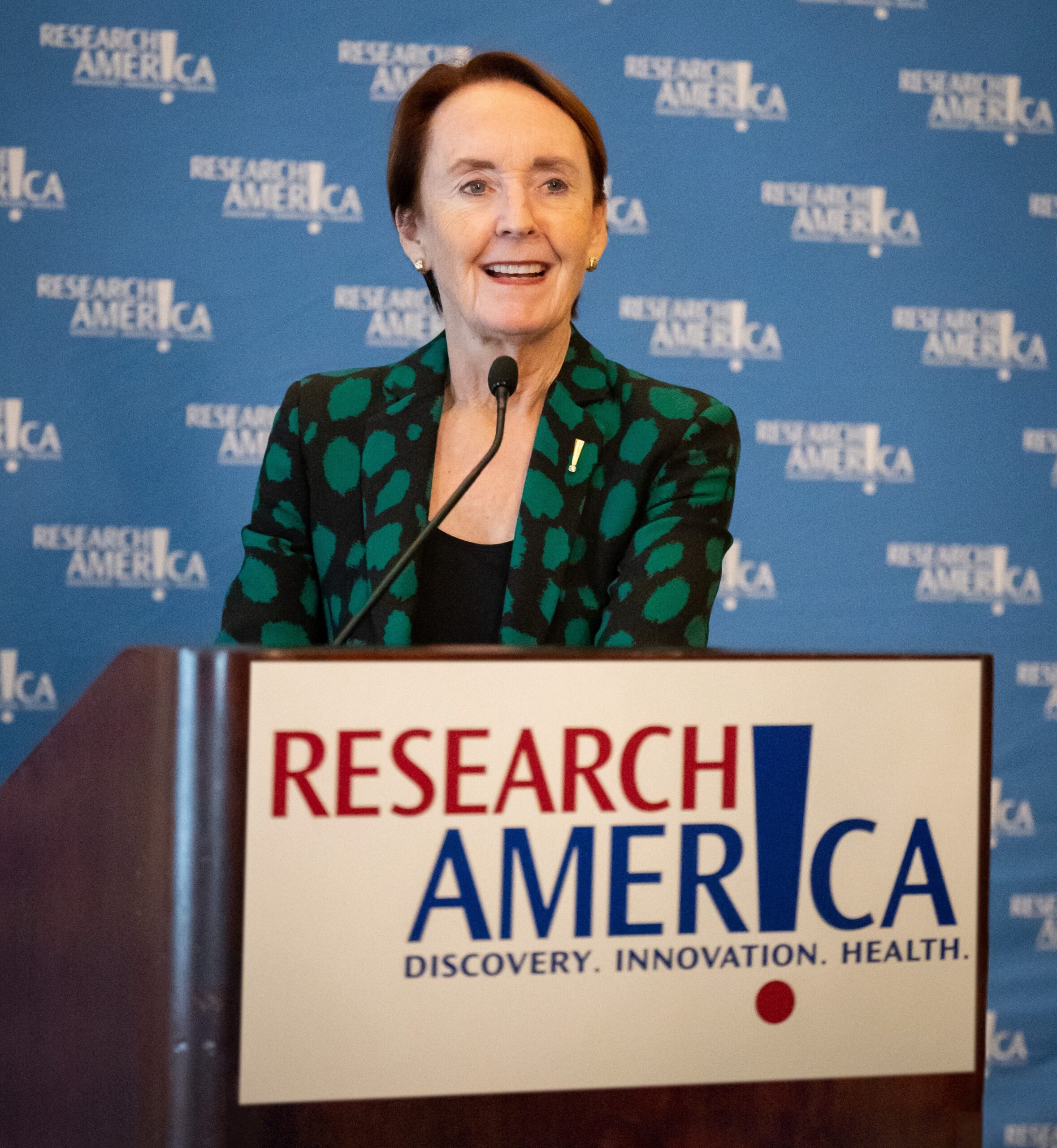The Potholed Path Forward

I am moving an agenda item from last week’s letter to the top this week: the 1980 “Bayh-Dole” Act. If that seems like old news, it’s not; it’s more relevant than ever.
Why Focus on Bayh-Dole? The Department of Commerce and National Institute of Standards and Technology have issued a Request for Information (RFI) to receive feedback on a policy framework that, contrary to the letter of the law and documented legislative intent, would require NIH and other federal research agencies to evaluate the reasonableness of prices for any drug or other product if any federal funding was used in the research and development of that product.
The Consequences: While the underlying objective of greater affordability is important, the negative impacts of this approach are far-reaching. Among them: this policy change would dilute the critical research missions of NIH and other federal research agencies by requiring them to regulate prices and undercut the technology transfer process that bridges different phases of R&D. Bayh-Dole smoothed the path from new knowledge to new products; the proposed framework would – for all intents and purposes – unpave that path.
So What Can You Do?
- Last week, we shared a Research!America letter requesting a 90-day extension for comments on the new framework. If you haven’t done so, please consider using this template to submit your own letter.
- For a fast-paced “101” on the Bayh-Dole issue, join Research!America on Jan. 25, at 11 a.m. ET, as we gain insights from Dr. John Hamre, former U.S. Deputy Secretary of Defense and President and CEO at the Center for Strategic and International Studies, and Capitol Hill veteran and health policy expert Paul Kim. I guarantee it will be worth your time!
- Research!America is exploring developing joint comments with research institutions, patient advocacy organizations, and other nonprofit groups concerned about the new framework. If you represent a nonprofit organization and are interested in brainstorming with us, fill out this Google form and we will follow up.
On The Hill: Rife with potholes, the path to final FY24 appropriations remains rocky. In the most recent development, Congressional leaders struck a deal on topline funding in the hopes of avoiding a government shutdown and the 1% across the board cut that will occur if the appropriations process isn’t completed by April 30. (See our press statement). If this deal holds, non-defense discretionary (NDD) spending would just about equal FY23 levels, while Defense spending would grow by about 3%. At this stage, it may be necessary to pass yet another continuing resolution to prevent a partial shutdown and allow continued negotiations.
Advocacy Out Loud: Speaking of NDD, a category encompassing funding for NIH, NSF, CDC, and a myriad other federal agencies and programs, more than 1,100 organizations, including Research!America, signed on to this community letter to Congressional Leadership calling out the perils of insufficient NDD funding. Kudos to NDD United for authoring such a compelling case statement!
Will Our Nation Backslide on Progress? Consider this: thanks in no small measure to the work of research advocates like you, NIH funding has grown every fiscal year since 2014, contributing to breakthrough treatments for COVID-19, sickle cell disease, and RSV (just to name a few). In FY24, there is a real risk of a cut to the NIH budget, as well as to the budgets of our nation’s other science and technology (S&T) agencies. As other nations grow their S&T capacity to secure their competitiveness and self-sufficiency in the face of pandemics and other existential threats, the U.S. is at risk of sliding backward this year.
Keep the Election Year in Mind: Members of Congress respond to public sentiment, never more so than during an election year. This week’s #CuresNotCuts graphic cites survey results showing that the American public connects the dots between S&T and U.S. jobs. Tweet this week’s graphic to your representatives in the House and Senate and use this editable email to raise the volume higher. #CuresNotCuts.
Teaser: we’ll be releasing the results of a new national survey soon – watch this space and check out our survey page for more on the 30+ years of public opinion surveys Research!America has commissioned.
Don’t Miss These Discussions:
- CDC’s Global to Local Impact: Join us tomorrow, at noon ET, for a conversation with Dr. Howard Zucker, Deputy Director for Global Health at the CDC. Dr. Zucker will shed light on the significance – to the American people and the global community – of the agency’s work abroad.
- Philanthropy’s Role in America’s Research Enterprise: Scientific progress is a multi-sector, multi-discipline process. No one is better able to capture the unique role science philanthropy plays in this process than Dr. Robert Conn, the Walter Zable Distinguished Professor and Dean Emeritus of Engineering at the University of California, San Diego, and recipient of Research!America’s 2024 Gordon and Llura Gund Leadership Award. Join us on Tuesday, Jan. 16, at 2:30 p.m. ET, for a conversation with Dr. Conn about the what, how, and why of science philanthropy.
- For Alliance Members Only: On Jan. 18, at 2 p.m. ET, be sure to drop in for an off-the-record, alliance member-only discussion with Brian Fahey, Legislative Director to House Energy and Commerce Health Subcommittee Chair Brett Guthrie (R-KY-02). We’ve asked Brian to discuss Chair Guthrie’s priorities as this key subcommittee begins its work this year.
If you are a Research!America alliance member, email Jacqueline Lagoy for the registration link, and if your organization is not a member, please get in touch with Joel Neopmuceno to explore the benefits of membership.




